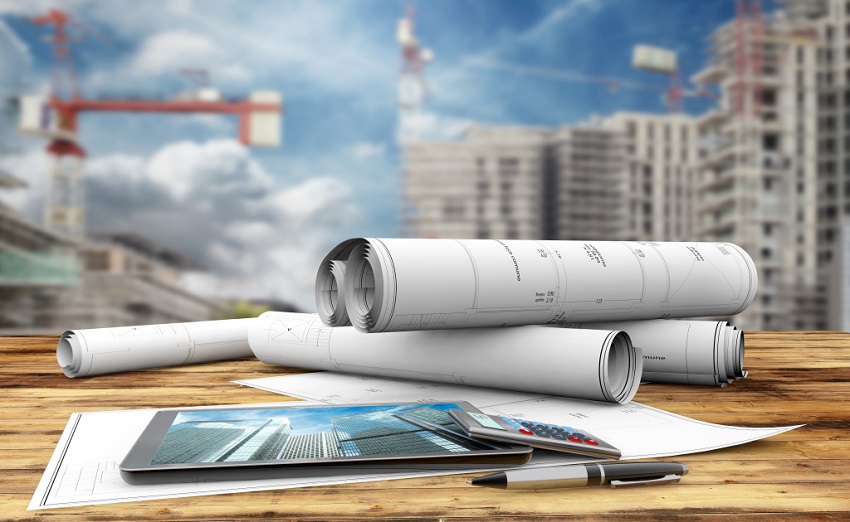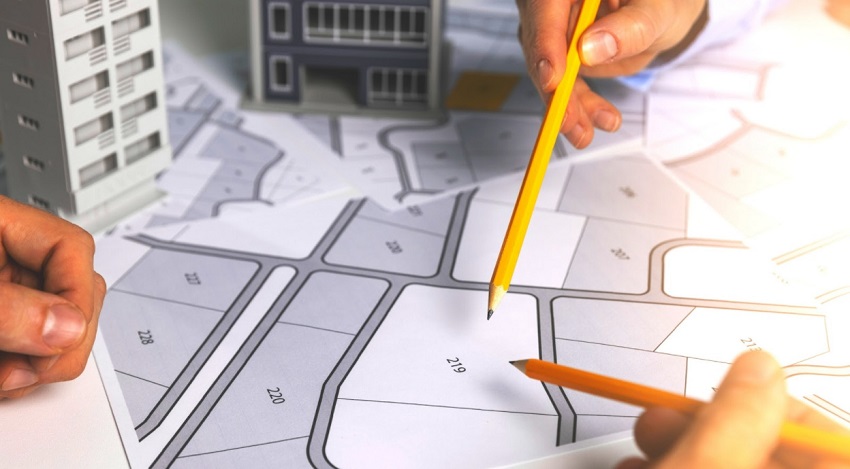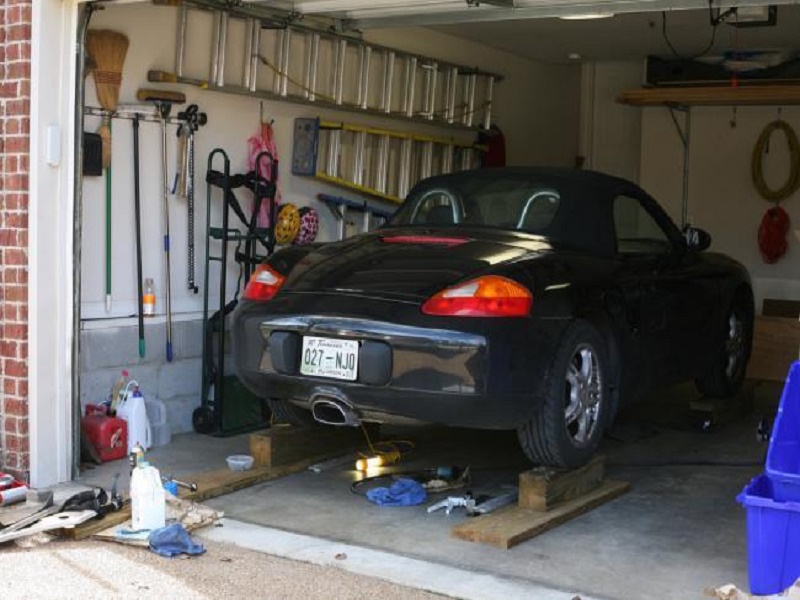Rezoning a property involves changing its current land-use designation to accommodate new development or to comply with updated zoning regulations. Whether you’re a property owner, developer, or investor, understanding the cost implications of rezoning is crucial for effective financial planning and decision-making. In this article, we’ll explore how much does it cost to rezone a property, discuss the professionals involved in the process, estimate the expenses involved, provide case studies, and offer tips for managing rezoning costs.
Understanding Property Rezoning
Property rezoning refers to changing the permitted use or density of a piece of land as designated by local zoning regulations. Zoning regulations dictate how land can be utilized for residential, commercial, or industrial purposes. The rezoning allows property owners to modify these designations, enabling them to undertake new construction projects, change property use, or maximize land potential.
Factors Influencing the Cost of Rezoning
Several factors influence the cost of rezoning, and it’s important to consider them when budgeting for the process.
1. Location of the Property
The location of the property plays a significant role in rezoning costs. Properties in urban or developed areas may require more complex rezoning processes, including public hearings and additional assessments. In contrast, properties in rural or less populated areas might have lower costs due to fewer regulatory hurdles.
2. Size and Complexity of the Property
The size and complexity of the property also affect the cost of rezoning. Larger properties typically require more extensive assessments, studies, and documentation. Complex projects, such as those involving environmentally sensitive areas or heritage sites, may incur higher expenses due to the need for specialized expertise.
3. Existing Zoning Regulations
The existing zoning regulations for a property can influence the cost of rezoning. The process may be relatively straightforward if the desired rezoning aligns with the current regulations and local plans. However, if the proposed rezoning conflicts with the existing regulations, additional negotiations, studies, and amendments might be necessary, leading to increased costs.
4. Necessary Permits and Approvals
Obtaining the necessary permits and approvals is an integral part of the rezoning process. These permits typically involve fees that contribute to the overall cost. The specific requirements for permits and approvals vary based on the jurisdiction and the proposed changes to the property.
5. Environmental Impact Assessments
Rezoning applications often require environmental impact assessments to determine potential ecological or environmental effects. These assessments involve studies conducted by environmental experts and can add to the overall cost of rezoning.
Hiring Professionals for Rezoning
Navigating the rezoning process can be complex, and hiring professionals can streamline the process while ensuring compliance with regulations.
Consulting with a Land Use Planner
Engaging a land use planner is crucial for understanding the feasibility of rezoning and assessing potential costs. These professionals have expertise in zoning regulations, land use policies, and the local planning process. They can provide valuable guidance and help prepare the necessary documents and applications.
Engaging an Architect or Engineer
Architects and engineers are often involved in rezoning projects to evaluate the property’s physical characteristics and prepare designs that comply with zoning requirements. Their services may include site assessments, conceptual design, and ensuring compliance with building codes and regulations.
Legal Assistance and Permitting
Rezoning often requires legal expertise to navigate complex regulations, draft rezoning applications, and handle negotiations. Hiring an attorney specializing in land use and zoning law can help ensure a smooth and efficient rezoning process.
Estimating the Cost of Rezoning
Estimating the cost of rezoning involves considering various expenses associated with the process.
Application Fees and Processing Costs
Most rezoning processes require submitting applications and paying fees to the local planning department. These fees vary depending on the jurisdiction and the size and complexity of the proposed changes.
Professional Fees and Services
Engaging professionals such as land use planners, architects, engineers, and attorneys comes with associated fees. These fees depend on the scope and complexity of the project, the professionals’ expertise, and the time required to complete the rezoning process.
Potential Additional Expenses
Additional expenses may arise during the rezoning process, such as the need for public hearings, public notices, community outreach, or specialized studies. It’s essential to account for these potential costs when budgeting for rezoning.
Case Studies: Examples of Rezoning Costs
- Residential Property Rezoning
Suppose you own a residential property in a suburban area and want to rezone it from single-family residential to mixed-use to incorporate some commercial spaces. Rezoning may involve hiring a land use planner, architect, and attorney. The estimated costs could range from $5,000 to $15,000, considering application fees, professional fees, and potential additional expenses.
- Commercial Property Rezoning
Imagine you have a commercial property located in a busy downtown area. You wish to rezone it to allow for increased building height and add more floors for additional office spaces. The rezoning process would likely require conducting an environmental impact assessment, collaborating with architects and engineers, and engaging legal assistance. The total cost for rezoning a commercial property of this nature could range from $20,000 to $50,000 or more, depending on the size and complexity of the project.
- Industrial Property Rezoning
Consider an industrial property situated in an industrial park. You plan to rezone it to accommodate a manufacturing facility and expand the permitted uses. Rezoning an industrial property involves comprehensive assessments, specialized studies, and negotiations with local authorities. The costs of rezoning an industrial property can range from $50,000 to $100,000 or higher, depending on the specific requirements and regulatory complexity.
Tips for Managing Rezoning Costs
To effectively manage the costs associated with rezoning, consider the following tips:
- Research and Planning: Conduct thorough research on zoning regulations, local plans, and permit requirements before initiating the rezoning process. Adequate planning can help minimize surprises and unnecessary expenses.
- Budgeting and Cost Analysis: Develop a realistic budget that accounts for application fees, professional services, and potential additional costs. Regularly review and analyze expenses to ensure you stay within budget.
- Negotiating with Professionals: Seek competitive bids from professionals and negotiate fees where possible. However, prioritize expertise and experience to ensure the rezoning process is handled efficiently.
- Exploring Financing Options: If the cost of rezoning exceeds your immediate budget, consider exploring financing options, such as loans or partnerships, to cover the expenses.
Conclusion
Rezoning a property involves a series of steps, considerations, and costs. Understanding the factors that influence the cost of rezoning, hiring the right professionals, and budgeting effectively are essential for a successful and financially sound rezoning process. Property owners, developers, and investors can confidently navigate the rezoning process by being aware of the potential expenses and utilizing the tips provided.






